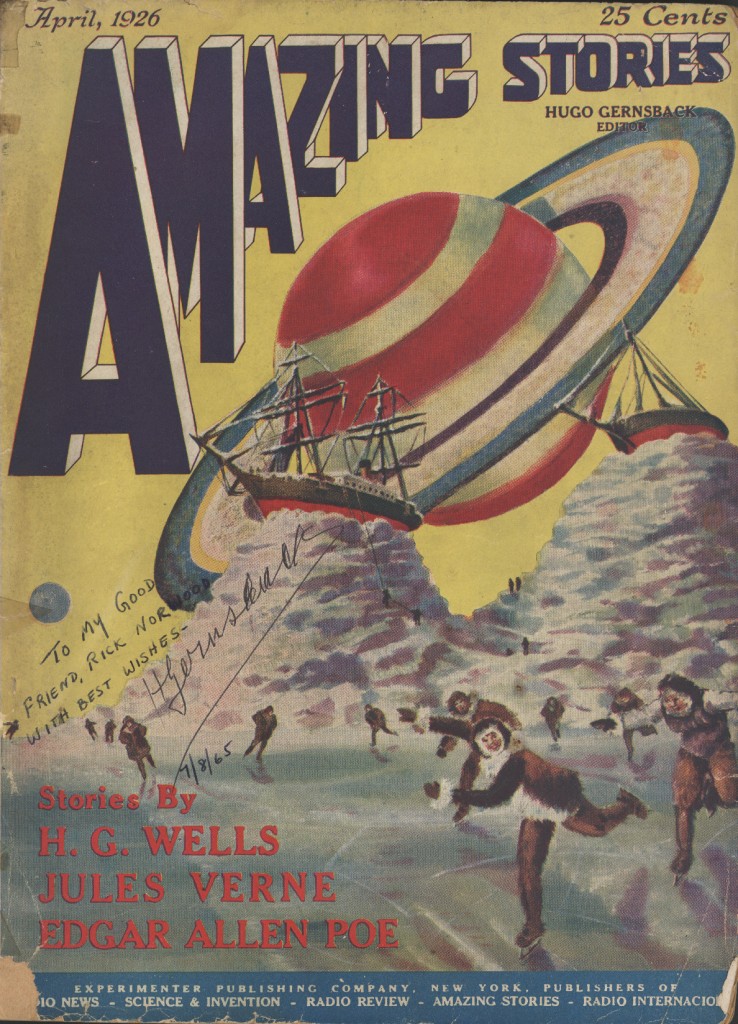America’s Deep Divisions in 2016
We’re deeply divided in 2016. Many think we should be guided by Judeo-Christian principles, and many think we should be guided by secular ideologies and whatever the majority desires. Many believe that fetuses in the womb should have rights, and many think they shouldn’t have any rights. Many believe that marriage is a covenant between one man and one woman, and many believe that marriage is a social contract between consenting adults. This deep division isn’t a good thing, but it’s nothing new. In 1776, many were willing to fight for independence from Great Britain, and many were willing to fight to remain part of the British Empire. In the early days of this Country, many thought America should get involved in the revolutions that were sweeping Europe, and many thought America should keep out of these conflicts. In the early 19th century, many accepted slavery, and many weren’t willing to accept it anywhere. In 1865, many thought we should split into two countries, and many thought we shouldn’t. After the Civil War, many thought the west should be open to settlers and farmers, and many thought that native peoples had a right to much of the land. In the early 20th century, many thought only men should be able to vote, and many thought that women should also be able to vote. In 1917, 1941, 1950, and 1965, many thought we should go to war on foreign soil, and many thought we shouldn’t. In the 1930s, many thought we should abandon our capitalistic economic system, and many thought we should make some adjustments and stick it out. In the 20th century, many thought nature was under the dominion of man, and many thought man was under the dominion of nature. We’ve been deeply divided for much of our history. This isn’t a good thing, but it’s who we are. It’s nothing new.


